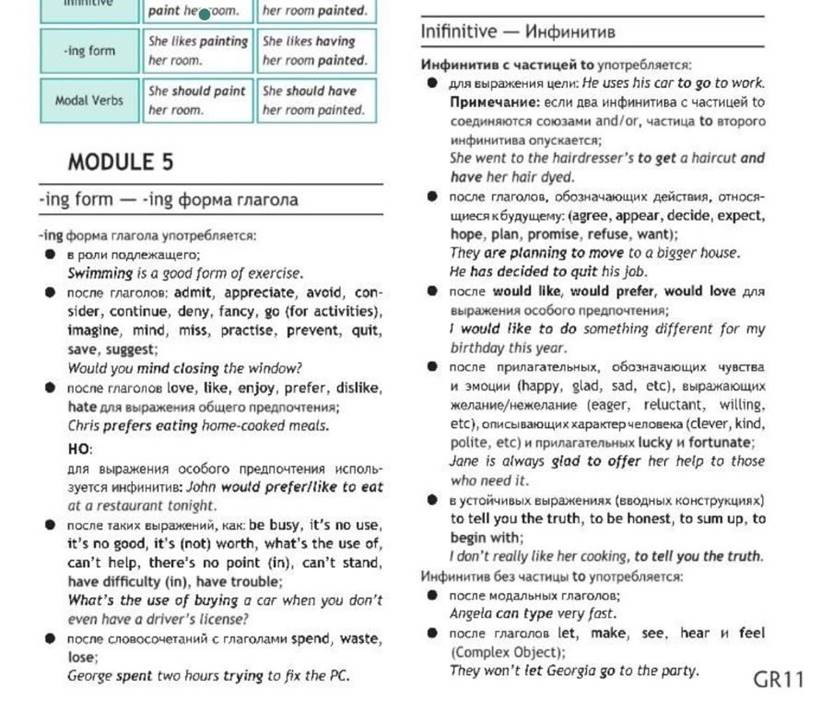
5c
SB. p. 78-79
10/09/2024
1. Read the text. What is it about?
2. Sort the highlighted verbs into 3 groups.
|
|
acting |
|
to run |
to |
|
looking |
Hours before the huge tsunami off the coast of Sumatra reached land, some people noticed that the animals started strangely. For example, the elephants made lots of noise and decided higher ground just before the waves hit. In the days that followed, wardens at Sri Lanka's Yala National Park were very busy
|
to happen |
|
to feel |
|
to |
 for their
animals and to their surprise they found nearly all of them alive. So, did the
animals know what was about? If so, then this could mean that animals are capable of predicting natural disasters. Many animals have much better hearing than human beings. They can hear
certain noises at great distances. Others have sensitive feet, enabling themvibrations in the ground.
Migrating birds can sense changes in atmospheric pressure when they fly.
Moreover, animals that live in groups sometimes have special cries to warn the
others when danger is near. Although we don't know for sure, animals may know
more than we think. So if your pet starts acting strangely, maybe you
should take notice. They could be trying tell you something!
for their
animals and to their surprise they found nearly all of them alive. So, did the
animals know what was about? If so, then this could mean that animals are capable of predicting natural disasters. Many animals have much better hearing than human beings. They can hear
certain noises at great distances. Others have sensitive feet, enabling themvibrations in the ground.
Migrating birds can sense changes in atmospheric pressure when they fly.
Moreover, animals that live in groups sometimes have special cries to warn the
others when danger is near. Although we don't know for sure, animals may know
more than we think. So if your pet starts acting strangely, maybe you
should take notice. They could be trying tell you something!
Infinitive without to Infinitive with to (нач.
-ing (герундий)
after prepositions (после предлогов): My granny is good at making cakes.
as a noun (как сущ.): Swimming is good.
after expressions (to be busy, it’s no use, it’s no good, it’s (not) worth, can’t help, etc.): I can’t help laughing at his joke.
 after verbs
(admit, deny, fancy, start, continue, imagine, avoid, suggest, go, spend,
waste): He continued reading at night.
after verbs
(admit, deny, fancy, start, continue, imagine, avoid, suggest, go, spend,
waste): He continued reading at night.
after modal verbs (must, should, could, may, might, will, would): Alex can type very fast.
+ had better, would rather в значении «лучше бы».
after adjectives (прилаг.: glad, happy, sad, lucky, eager, willing): You’re lucky to win the prize.
to show purpose (цель): He uses his car to get home.
after verbs (decide, appear, expect, hope, promise, want, plan, refuse, etc.): He refused to join the team.
3. Fill in the gaps:
1. She decided __________ (go) to the meeting after all.
2. I can’t imagine __________ (live) without music.
3. He was busy __________ (write) emails all morning.
4. You should avoid __________ (argue) with him about that.
5. They may __________ (know) more about the issue than we do.
6. She was really excited __________ (meet) her old friends again.
7. She promised __________ (help) with the project later.
8. We spent hours __________ (prepare) for the event.
9. He promised __________ (return) the book by Friday.
10.They must __________ (know) the answer to this question.
 Homework: Grammar
Homework: Grammar
Reference 11.
Прочитать:
Answers:
1. She decided to go to the meeting after all.
2. I can’t imagine living without music.
3. He was busy writing emails all morning.
4. You should avoid arguing with him about that.
5. They may know more about the issue than we do.
6. She was really excited to meet her old friends again.
7. She promised to help with the project later.
8. We spent hours preparing for the event.
9. He promised to return the book by Friday.
10.They must know the answer to this question.
Материалы на данной страницы взяты из открытых источников либо размещены пользователем в соответствии с договором-офертой сайта. Вы можете сообщить о нарушении.